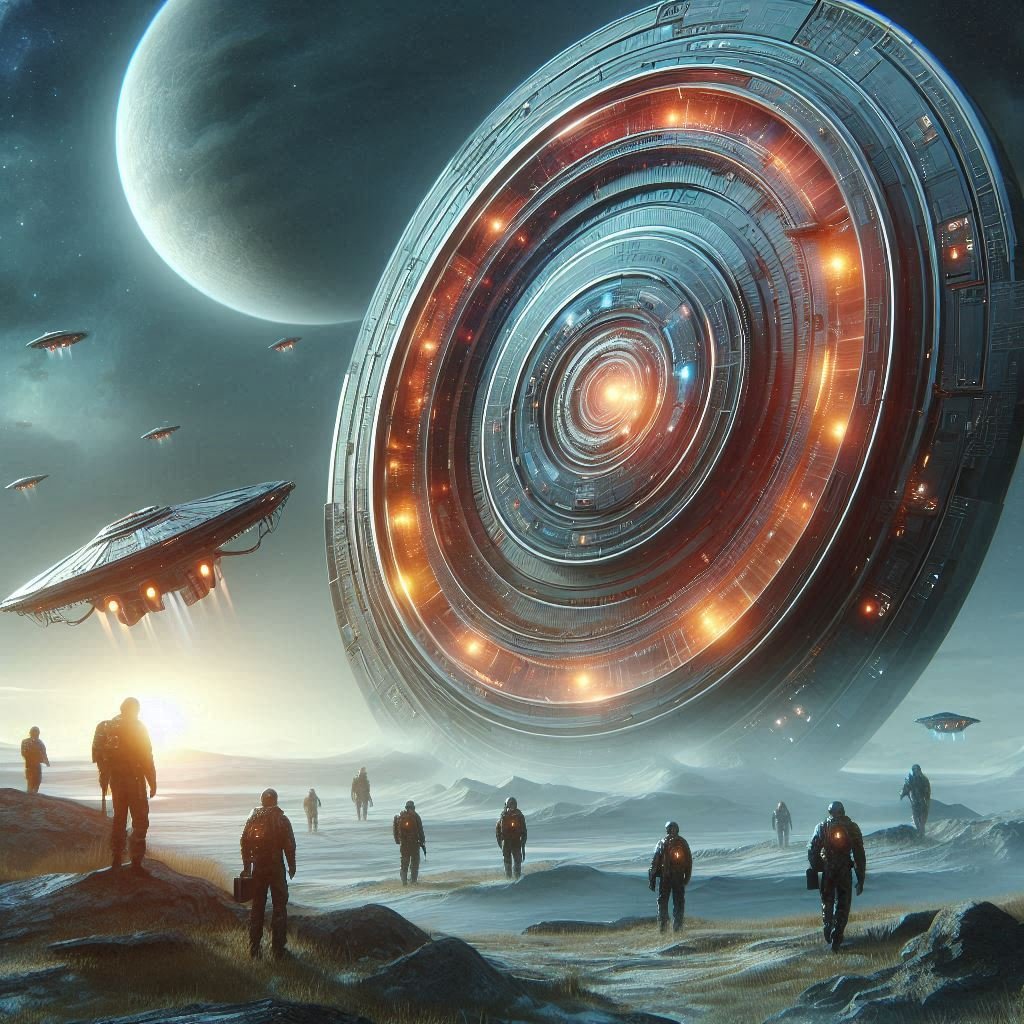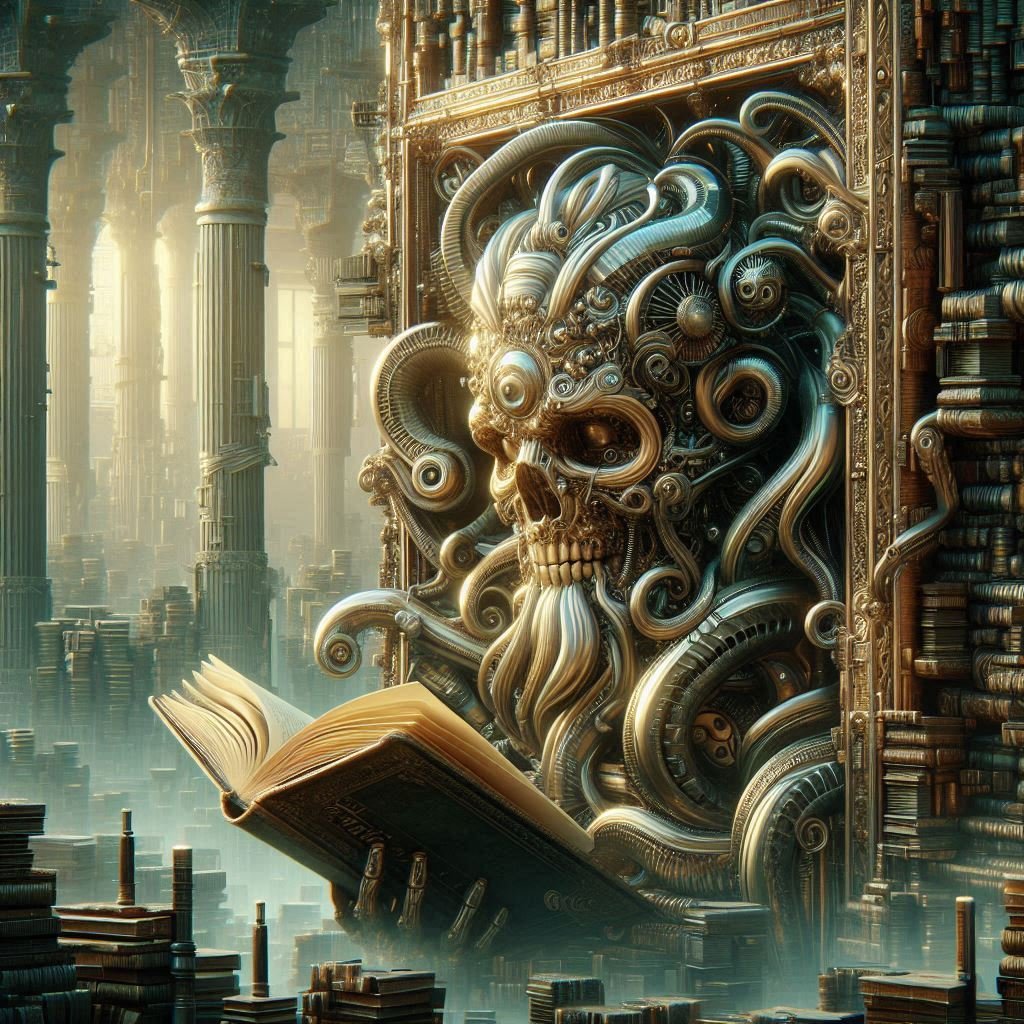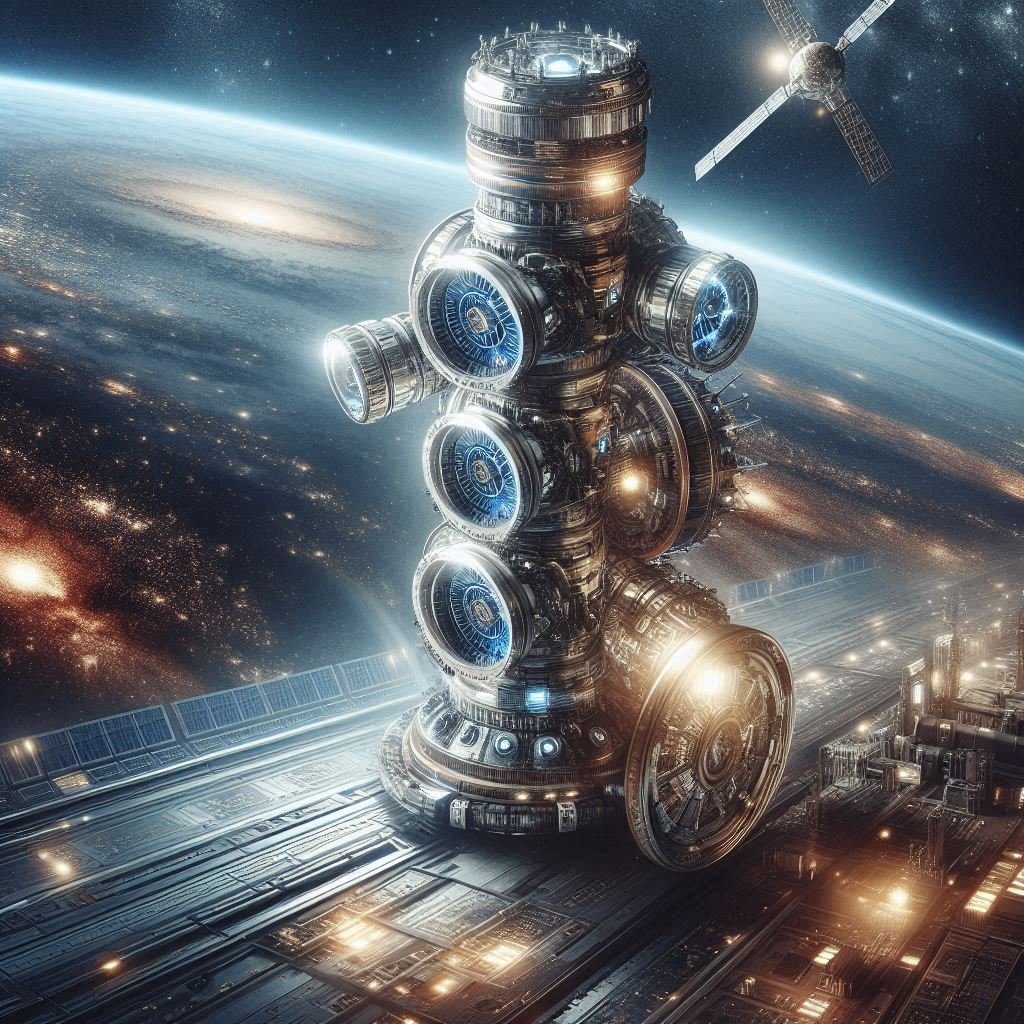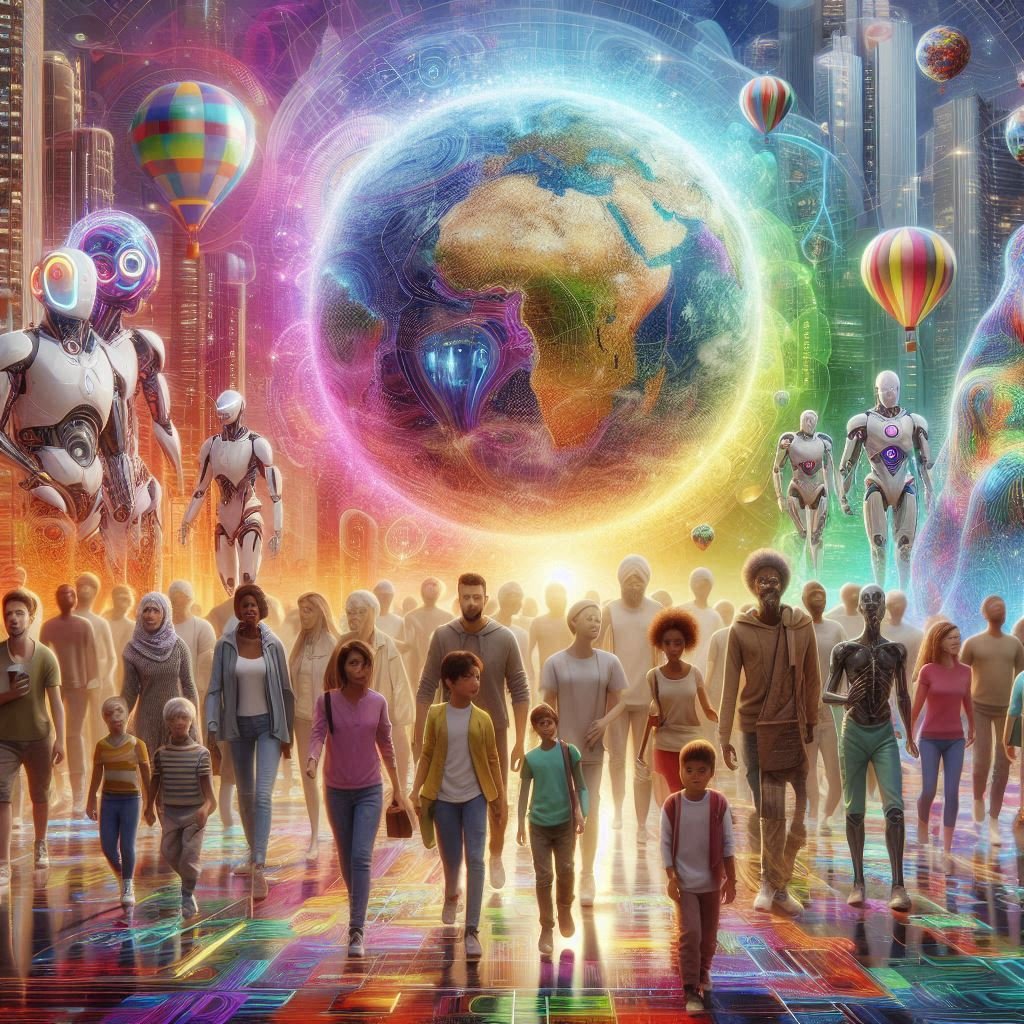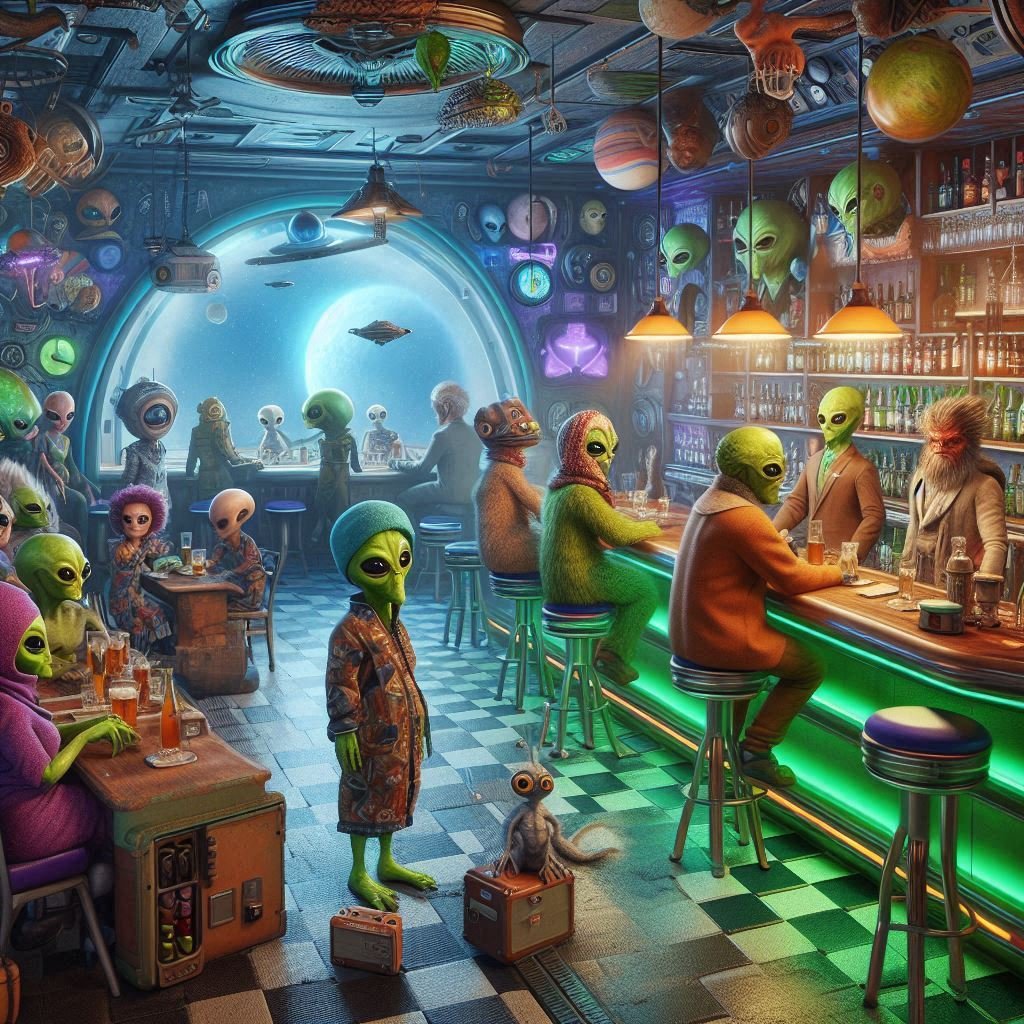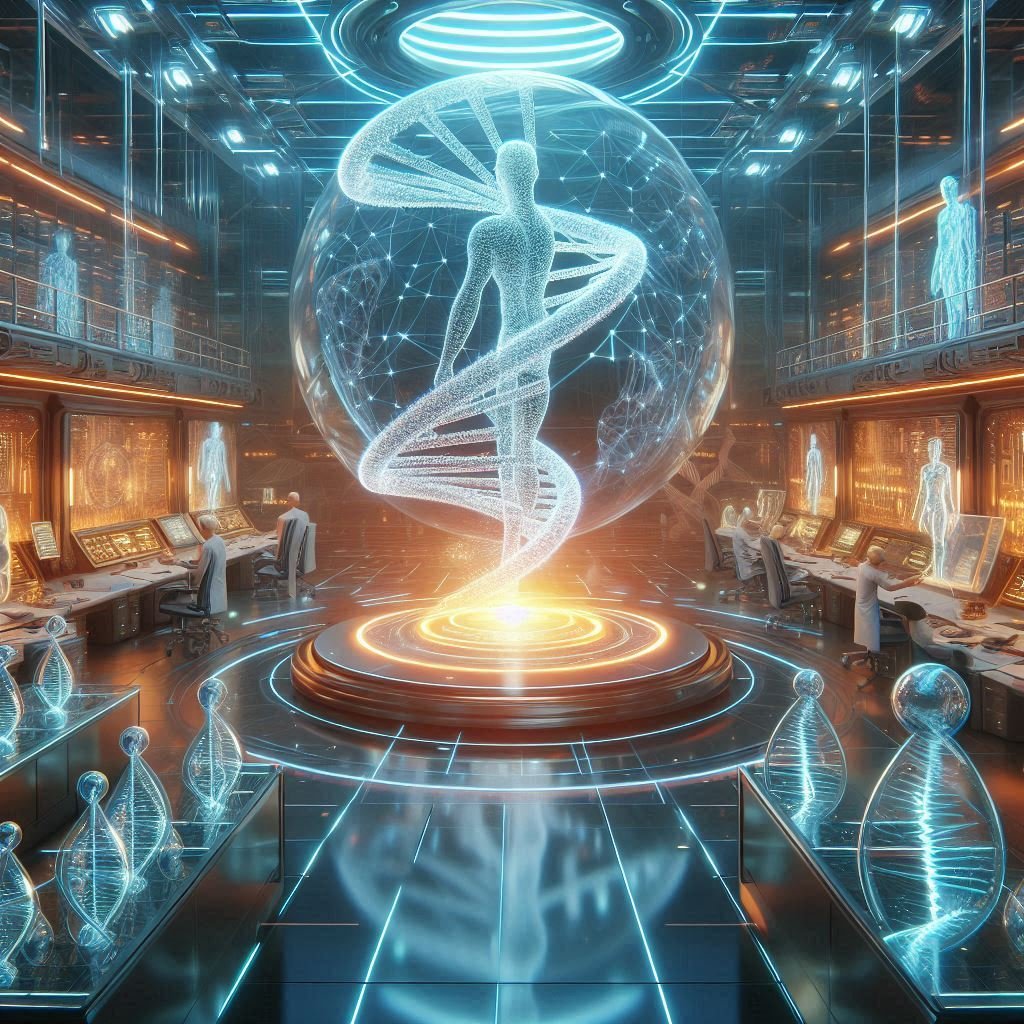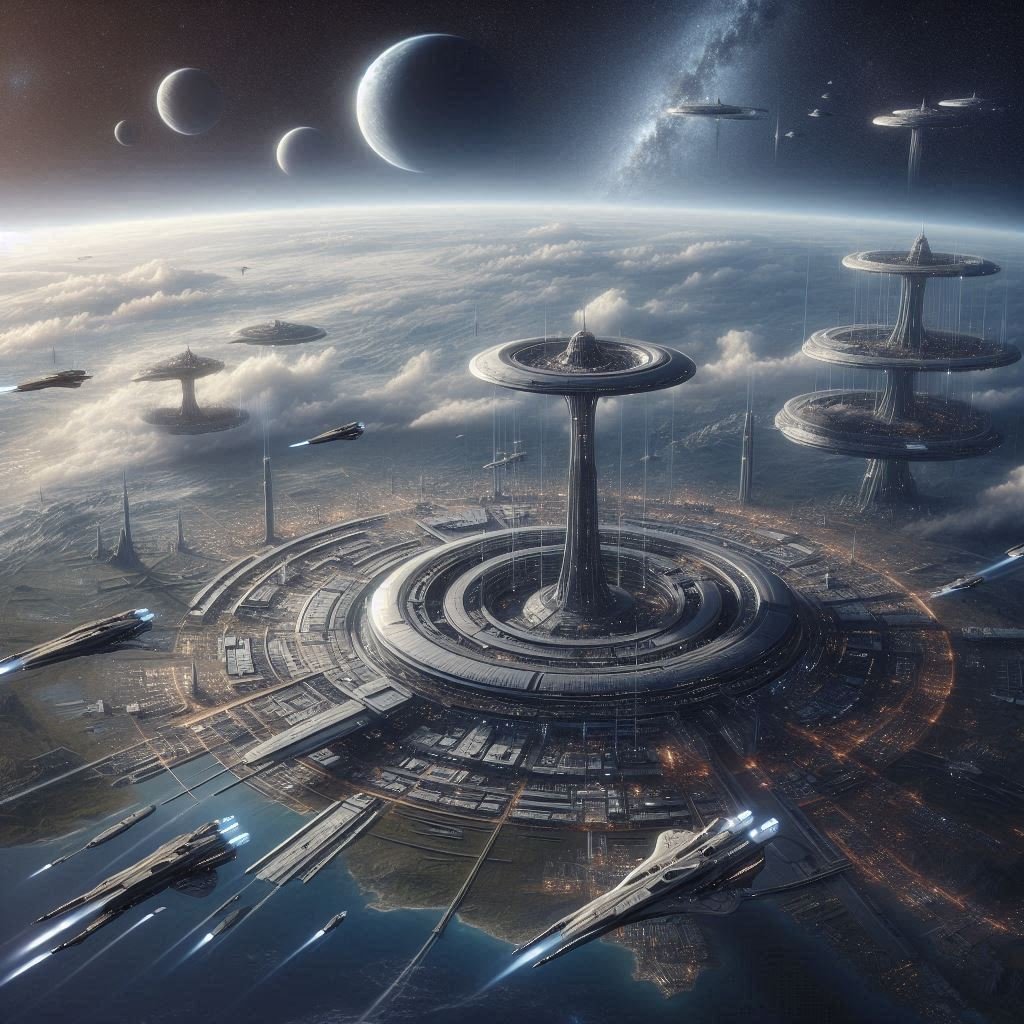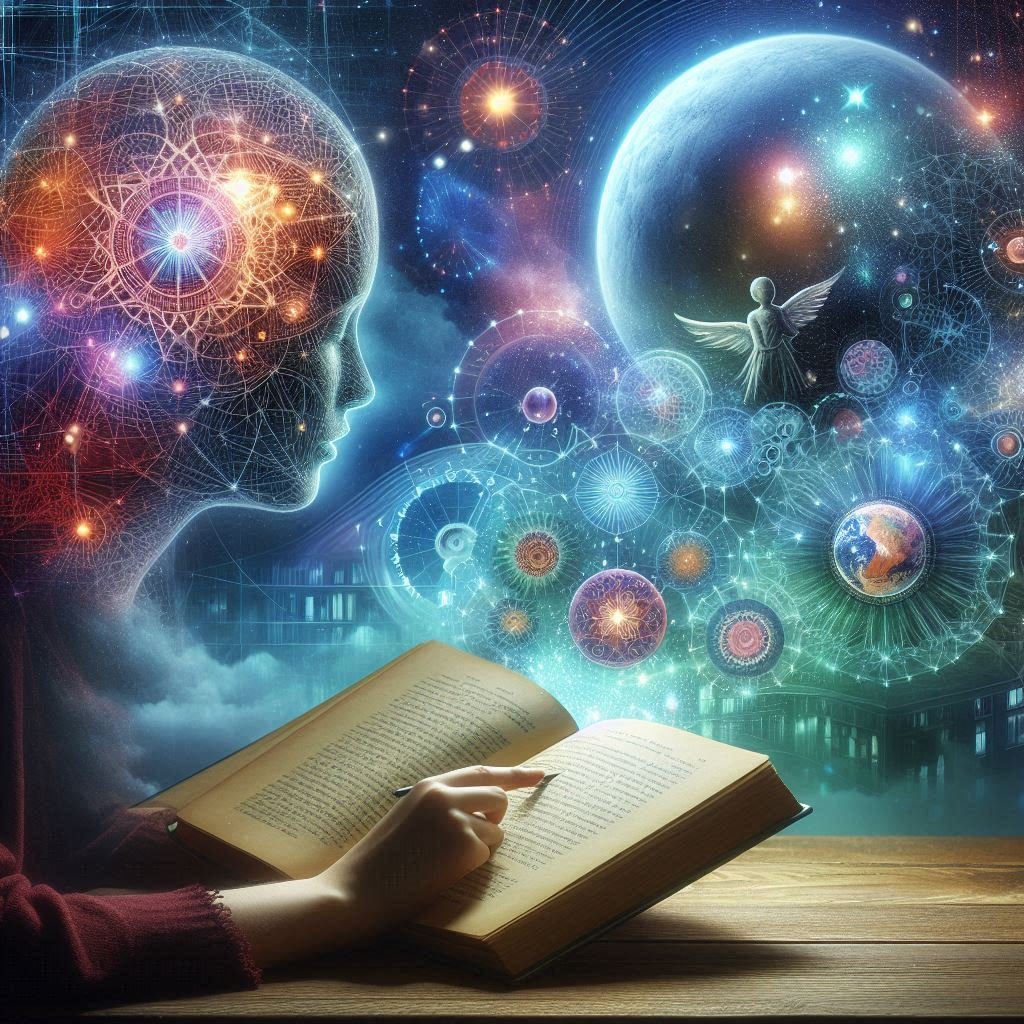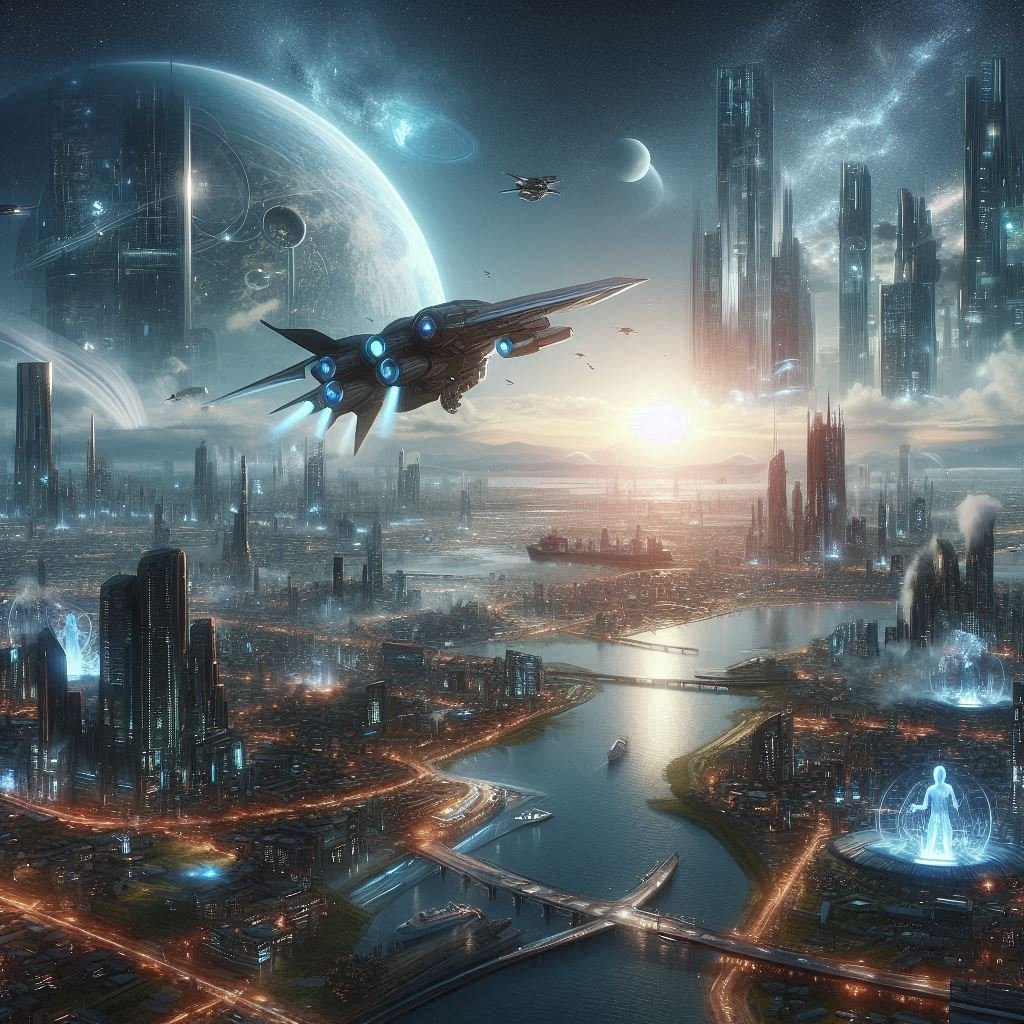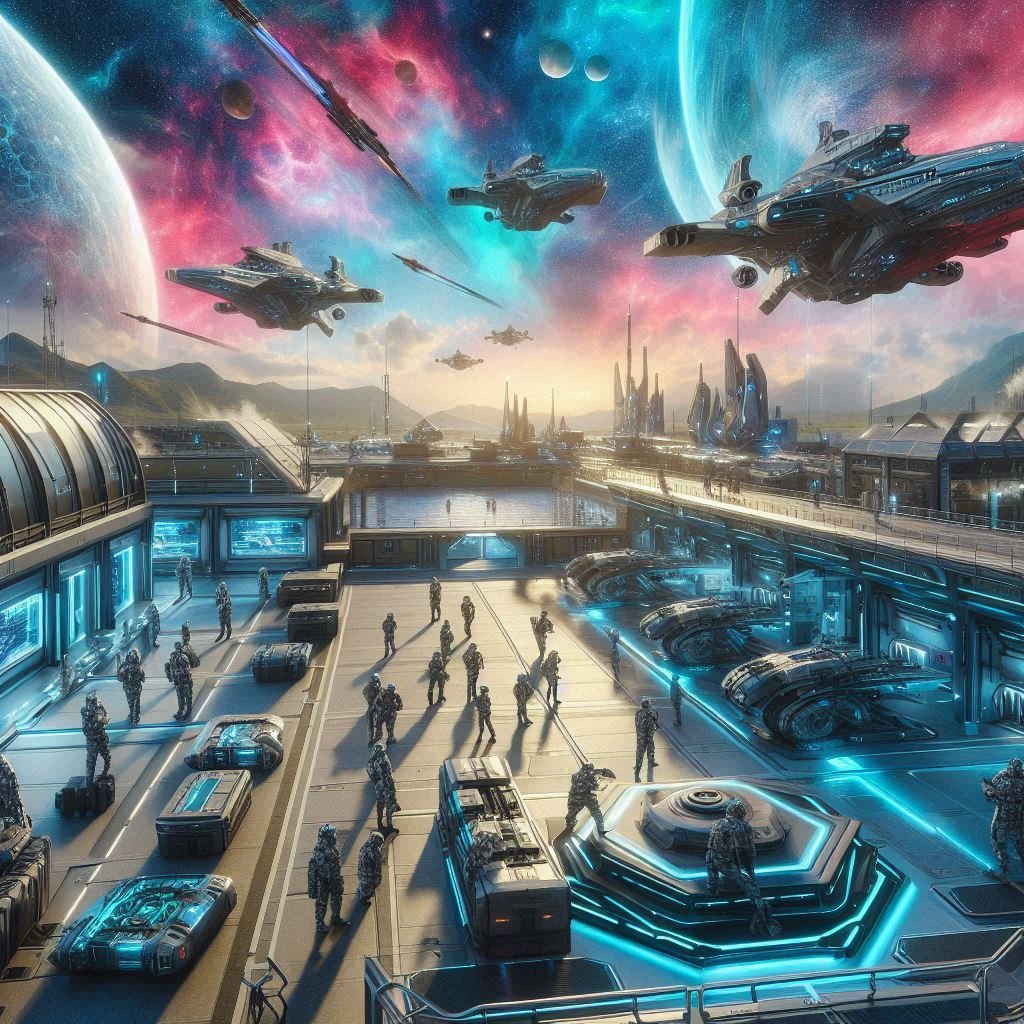Best Selling First Contact Science Fiction Novels in 2025
Best-Selling First Contact Science Fiction Novels in 2025 Best-selling first contact science fiction novels continue to captivate readers with their exploration of humanity’s initial encounters with alien civilizations. These compelling narratives examine how such momentous meetings might unfold—from peaceful cultural exchanges to dangerous misunderstandings, intimate connections to existential threats. The enduring popularity of first contact stories stems from their unique ability to use alien encounters as mirrors reflecting our own humanity, questioning our place in the cosmos while exploring themes of communication, cultural difference, and the fundamental nature of intelligence itself. In 2025, these narratives remain particularly resonant as our own search for extraterrestrial life intensifies and we contemplate what discoveries might await us among the stars. What Makes First Contact Science Fiction Novels So Compelling? Modern first contact science fiction novels distinguish themselves through their psychological depth and cultural nuance. Unlike earlier works that might have portrayed aliens simply as invaders or enigmatic others, today’s best-selling narratives explore the complex emotional, cultural, and biological factors that would shape interactions between different intelligent species. These stories recognize that first contact would constitute the ultimate cross-cultural exchange, requiring both sides to reassess fundamental assumptions about intelligence, communication, and morality. The enduring appeal of first contact science fiction lies in its unique ability to examine humanity from an outside perspective. By imagining how aliens might perceive us—our strengths, flaws, contradictions, and potential—these novels allow readers to view human civilization with fresh eyes. This outsider perspective creates opportunities for profound social commentary and philosophical exploration, asking what truly defines us as human and how we might evolve through contact with radically different forms of life. Whether portraying contact as a catalyst for human advancement, a dangerous threat, or the beginning of intimate bonds between species, these narratives use the ultimate “other” to illuminate the essence of humanity itself. The Current Top 10 Best-Selling First Contact Science Fiction Novels on Amazon 1. Ice Planet Barbarians by Ruby Dixon Ruby Dixon’s phenomenally popular novel presents first contact through a uniquely intimate lens when a group of human women, abducted by one alien species, find themselves abandoned on an ice planet inhabited by blue-skinned, horned aliens. The narrative follows one woman’s experience as she encounters a native inhabitant who forms an immediate attraction to her, exploring first contact at its most personal level as two individuals from entirely different species navigate communication, cultural differences, and unexpected romantic connection. What distinguishes Ice Planet Barbarians among first contact science fiction novels is its focus on the interpersonal rather than the interplanetary. By examining alien contact through the development of an intimate relationship, Dixon explores themes of consent, adaptation, and the universal nature of emotional connection that might transcend species boundaries. This character-driven approach to first contact has resonated strongly with readers, launching a highly successful series and establishing a prominent place in the growing subgenre of romantic science fiction that uses alien encounters to explore human desire, vulnerability, and the fundamental need for connection across even the most profound differences. Buy Now 2. The Three-Body Problem by Cixin Liu Cixin Liu’s Hugo Award-winning novel presents one of contemporary science fiction’s most complex and thought-provoking first contact scenarios. Set against the backdrop of China’s Cultural Revolution, the story begins when signals sent from a secret military project reach an alien civilization on the brink of destruction. This detection initiates humanity’s first contact with the Trisolarians, beings from a planet in the unstable three-sun Alpha Centauri system who make the fateful decision to invade Earth. Meanwhile, human society fragments into factions either welcoming these superior beings or preparing to resist them. What elevates The Three-Body Problem among first contact science fiction novels is Liu’s remarkable integration of cutting-edge physics, historical context, and philosophical depth. Unlike many first contact narratives where aliens arrive suddenly, this story unfolds gradually as humanity grapples with just the knowledge of the Trisolarians’ existence and approach. This extended prelude to physical contact creates space for profound exploration of human psychology, factional politics, and scientific ethics. The novel’s unflinching examination of how different human groups might react to the promise or threat of superior intelligence—some welcoming extinction of a corrupt humanity, others fighting for survival—offers a sobering reflection on our species’ capacity for both self-destruction and resilience when faced with the ultimate existential challenge. Buy Now 3. Barbarian Alien by Ruby Dixon The second installment in Ruby Dixon’s popular Ice Planet Barbarians series continues exploring first contact through personal relationships as twelve humans remain stranded on a wintry alien world. This entry focuses on a different human woman who must adapt to the harsh environment by accepting a symbiont—a biological entity that modifies her physiology. Complicating her situation, this “cootie,” as she calls it, identifies her as the mate to the largest and most intimidating alien of the group, creating a forced proximity scenario that develops into unexpected connection. What distinguishes Barbarian Alien among first contact science fiction novels is its nuanced exploration of biological compatibility and adaptation. Dixon uses the symbiont concept to examine how humans might need to physically change to survive in alien environments, adding physiological transformation to the cultural and psychological adjustments typically portrayed in first contact narratives. The novel also addresses the complexity of consent and choice when operating within an alien society’s different social structures and biological imperatives. By focusing on a different couple than the first book, Dixon expands her examination of how various personality types might react to contact with an alien species, demonstrating that first contact experiences would be as diverse as the humans experiencing them. Buy Now 4. Barbarian Lover by Ruby Dixon The third book in Dixon’s series adds new complexity to the first contact narrative by introducing a threat from the aliens who initially abducted the human women. The protagonist, now somewhat adjusted to life on the ice planet where human women are valued, finds herself drawn to one particularly charismatic native alien. However, her translator implant becomes a dangerous liability when it allows
